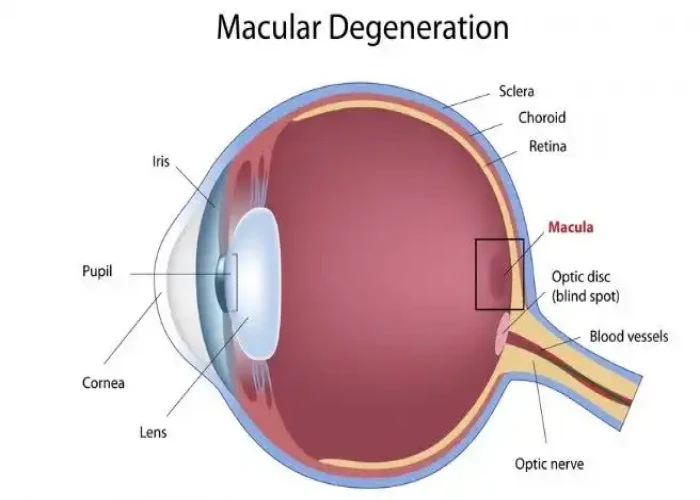 Welcome
Welcome
“May all be happy, may all be healed, may all be at peace and may no one ever suffer."
Wet macular degeneration
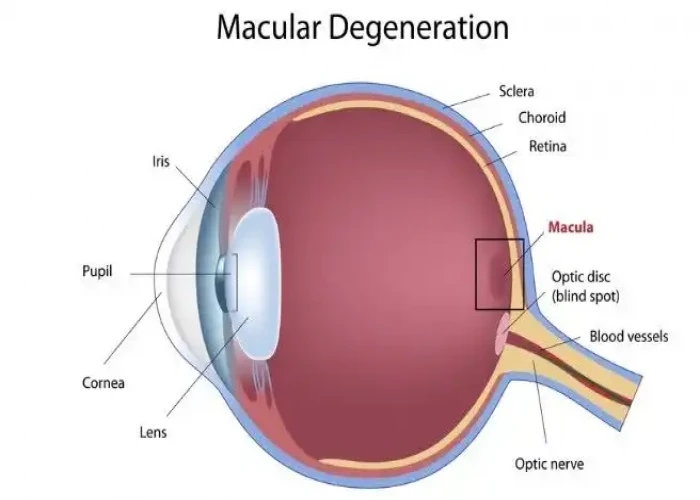
Wet macular degeneration is a progressive eye disease that affects the macula, the part of the retina responsible for central vision. In wet macular degeneration, abnormal blood vessels grow under the macula and leak fluid, causing damage to the macula and leading to the development of blind spots or distortion in the central vision.
The exact cause of wet macular degeneration is not known, but it is thought to be related to aging and genetic factors. Smoking, high blood pressure, and a diet high in saturated fat may also increase the risk of developing the condition.
Symptoms of wet macular degeneration can include blurry or distorted vision, blind spots, and difficulty recognizing faces or reading. In the early stages, symptoms may be mild or non-existent, but as the condition progresses, vision loss can become more severe.
Diagnosis of wet macular degeneration typically involves a comprehensive eye exam, including a dilated eye exam and specialized imaging tests, such as optical coherence tomography (OCT) or fluorescein angiography, which can help to identify the presence of abnormal blood vessels and leaking fluid.
Treatment for wet macular degeneration typically involves injection of drugs directly into the eye that can help to reduce the growth of abnormal blood vessels and improve vision. Other treatments may include laser therapy or photodynamic therapy, which uses a light-activated medication to destroy abnormal blood vessels.
While there is no cure for wet macular degeneration, early diagnosis and treatment can help to slow the progression of the disease and preserve vision. Regular eye exams and lifestyle modifications, such as eating a healthy diet, not smoking, and managing blood pressure and cholesterol, can also help to reduce the risk of developing the condition.
Research Papers
Disease Signs and Symptoms
- Blurred vision of eye
- Visual distortions, such as straight lines seeming bent
- Reduced central vision in one or both eyes
- The need for brighter light when reading or doing close-up work
Disease Causes
Wet macular degeneration
No one knows the exact cause of wet macular degeneration, but it develops in people who have had dry macular degeneration. Of all people with age-related macular degeneration, about 20% have the wet form.
Wet macular degeneration can develop in different ways:
- Vision loss caused by abnormal blood vessel growth. Sometimes abnormal new blood vessels grow from the choroid under and into the macula (choroidal neovascularization). The choroid is the layer of blood vessels between the retina and the outer, firm coat of the eye (sclera). These abnormal blood vessels may leak fluid or blood, interfering with the retina's function.
- Vision loss caused by fluid buildup in the back of the eye. When fluid leaks from the choroid, it can collect between the thin cell layer called the retinal pigment epithelium and the retina or within the layers of the retina. This may cause a bump in the macula, resulting in vision loss or distortion.
Disease Prevents
Wet macular degeneration
It's important to have routine eye exams to identify early signs of macular degeneration. The following measures may help reduce your risk of developing wet macular degeneration:
- Manage your other medical conditions. For example, if you have cardiovascular disease or high blood pressure, take your medication and follow your doctor's instructions for controlling the condition.
- Don't smoke. Smokers are more likely to develop macular degeneration than are nonsmokers. Ask your doctor for help to stop smoking.
- Maintain a healthy weight and exercise regularly. If you need to lose weight, reduce the number of calories you eat and increase the amount of exercise you get each day.
- Choose a diet rich in fruits and vegetables. Choose a healthy diet that's full of a variety of fruits and vegetables. These foods contain antioxidant vitamins that reduce your risk of developing macular degeneration.
- Include fish in your diet. Omega-3 fatty acids, which are found in fish, may reduce the risk of macular degeneration. Nuts, such as walnuts, also contain omega-3 fatty acids.
Disease Treatments
Treatments are available that may help slow disease progression, preserve existing vision and, if started early enough, recover some lost vision.
Medications
Medications may help stop the growth of new blood vessels by blocking the effects of growth signals the body sends to generate new blood vessels. These drugs are considered the first line treatment for all stages of wet macular degeneration.
Medications used to treat wet macular degeneration include:
- Bevacizumab (Avastin)
- Ranibizumab (Lucentis)
- Aflibercept (Eylea)
- Brolucizumab (Beovu)
Your doctor injects these medications into the affected eye. You may need injections every four to six weeks to maintain the beneficial effect of the medication. In some instances, you may partially recover vision as the blood vessels shrink and the fluid under the retina absorbs, allowing some vision gain.
Possible risks of eye injections include conjunctival hemorrhage, increased eye pressure, infection, retinal detachment and eye inflammation.
Therapies
- Photodynamic therapy. This procedure is very occasionally used to treat abnormal blood vessels at the center of your macula. During photodynamic therapy, your doctor injects a drug called verteporfin (Visudyne) into a vein in your arm, which travels to blood vessels in your eye. Your doctor shines a focused light from a special laser to the abnormal blood vessels in your eye. This activates the drug, causing the abnormal blood vessels to close, which stops the leakage.
- Photodynamic therapy may improve your vision and reduce the rate of vision loss. You may need repeated treatments over time, as the treated blood vessels may reopen.
- After photodynamic therapy, you'll need to avoid direct sunlight and bright lights until the drug has cleared your body, which may take a few days.
- Photocoagulation. During photocoagulation therapy, your doctor uses a high-energy laser beam to seal abnormal blood vessels under the macula. The laser causes scarring that can create a blind spot, but the procedure is used to stop the vessels from bleeding with the aim of minimizing further damage to the macula. Even with this treatment, blood vessels may regrow, requiring further treatment.
- Few people who have wet macular degeneration are candidates for this treatment. It generally isn't an option if you have abnormal blood vessels directly under the center of the macula. Also, the more damaged your macula is, the lower the likelihood of success.
- Low vision rehabilitation. Age-related macular degeneration doesn't affect your side (peripheral) vision and usually doesn't cause total blindness. But it can reduce or eliminate your central vision — which is necessary for driving, reading and recognizing people's faces. It may be beneficial for you to work with a low vision rehabilitation specialist, an occupational therapist, your eye doctor and others trained in low vision rehabilitation. They can help you find ways to adapt to your changing vision.
Disease Diagnoses
Disease Allopathic Generics
Disease Ayurvedic Generics
Disease Homeopathic Generics
Disease yoga
Wet macular degeneration and Learn More about Diseases

Retrograde ejaculation
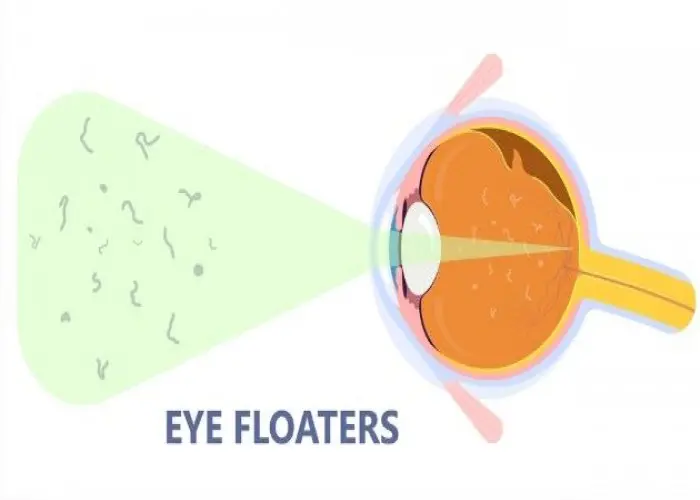
Eye floaters

Menstrual cramps
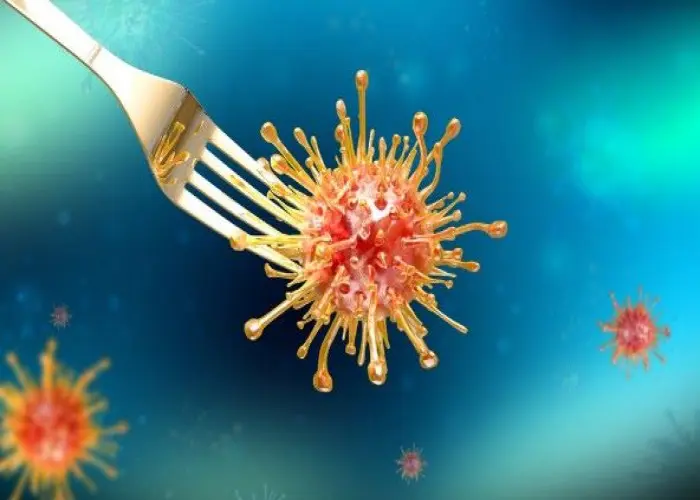
Food poisoning

Whiplash
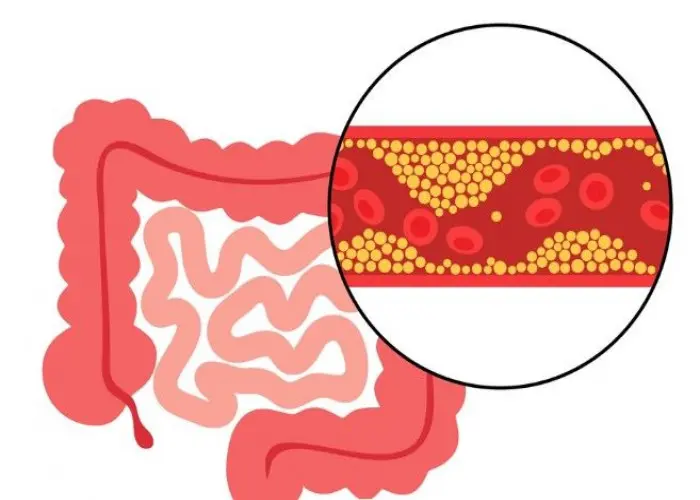
Intestinal ischemia
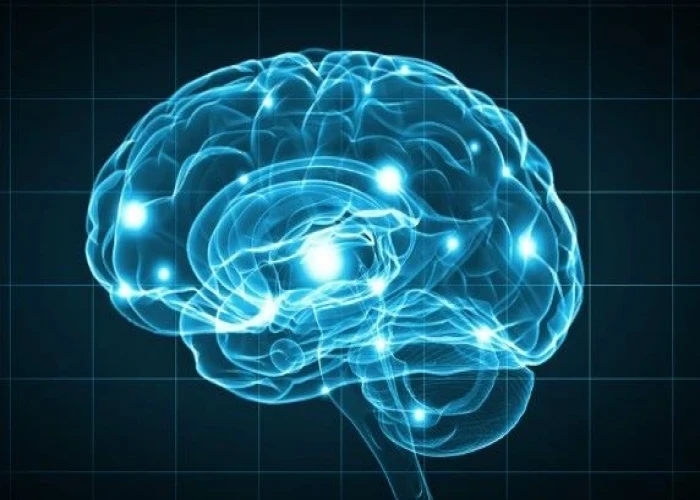
Progressive supranuclear palsy
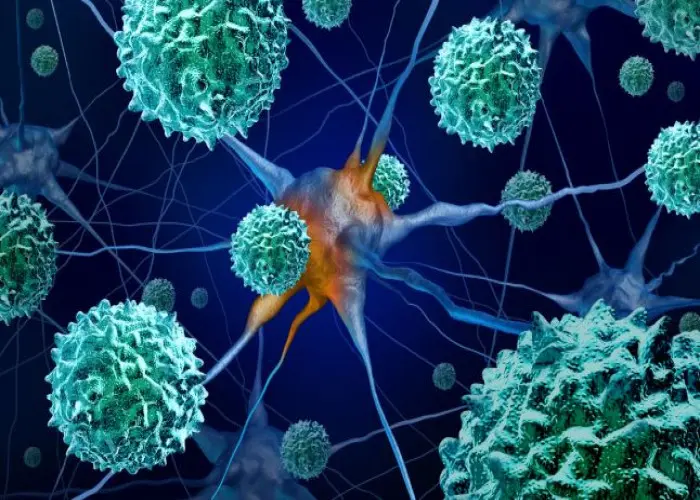
Acute flaccid myelitis (AFM)
wet macular degeneration, ওয়েট ম্যাকুলার ডিজেনারেশন
To be happy, beautiful, healthy, wealthy, hale and long-lived stay with DM3S.
